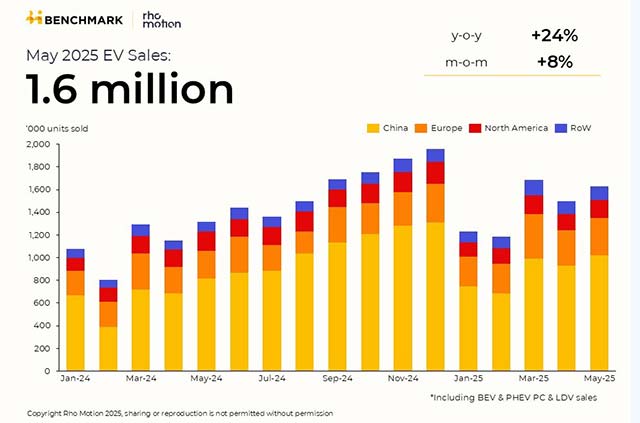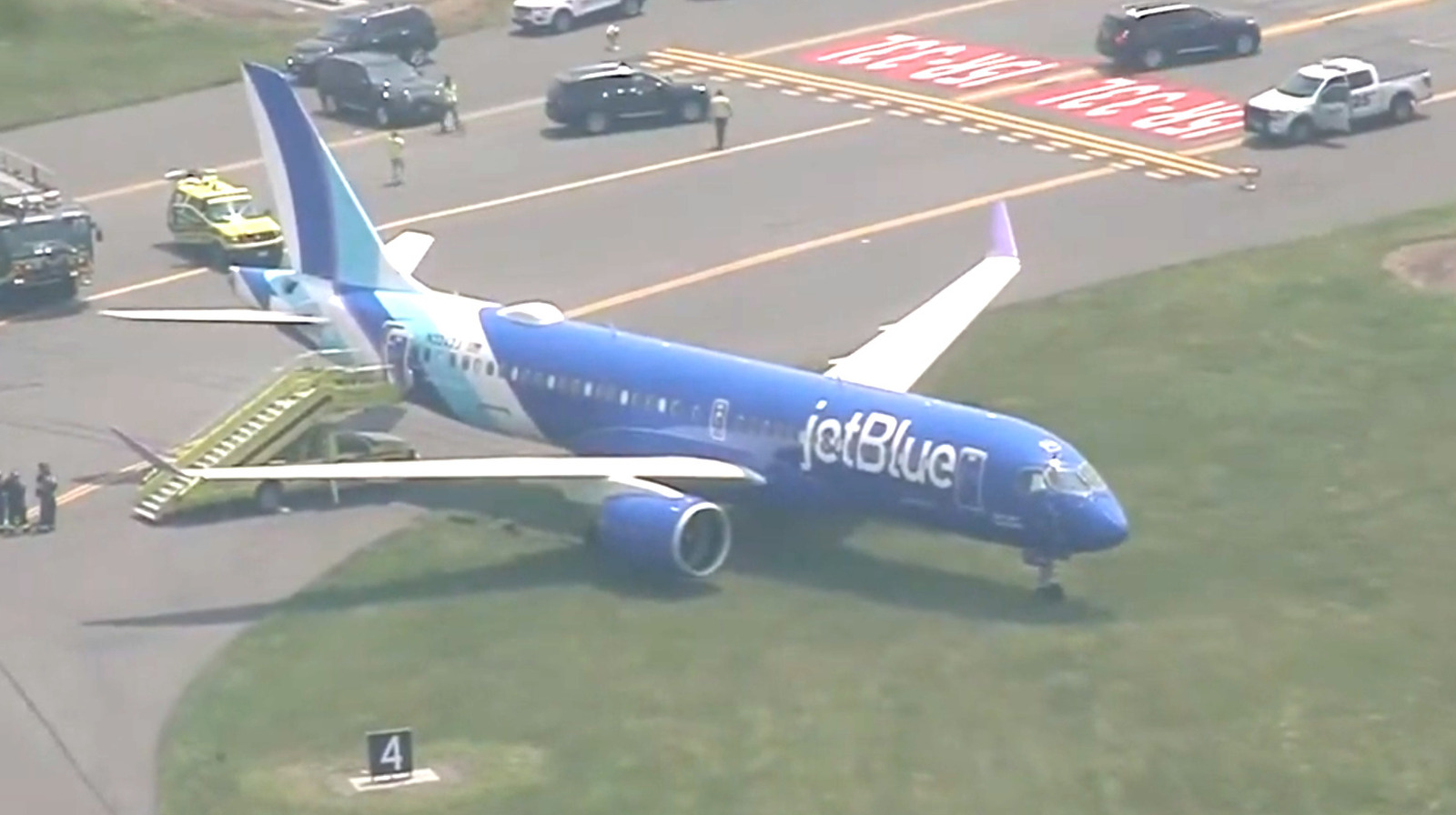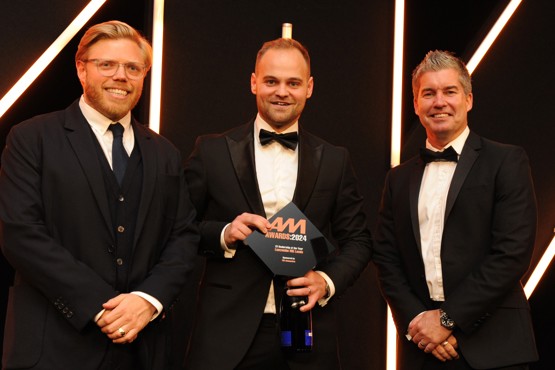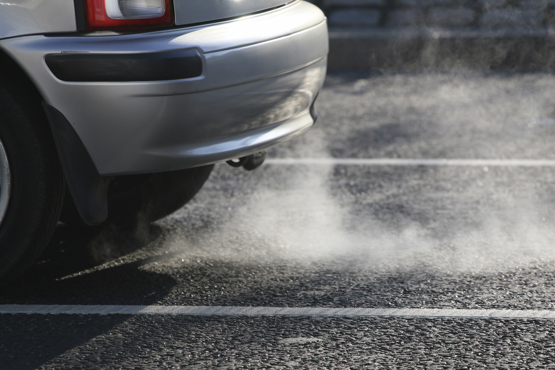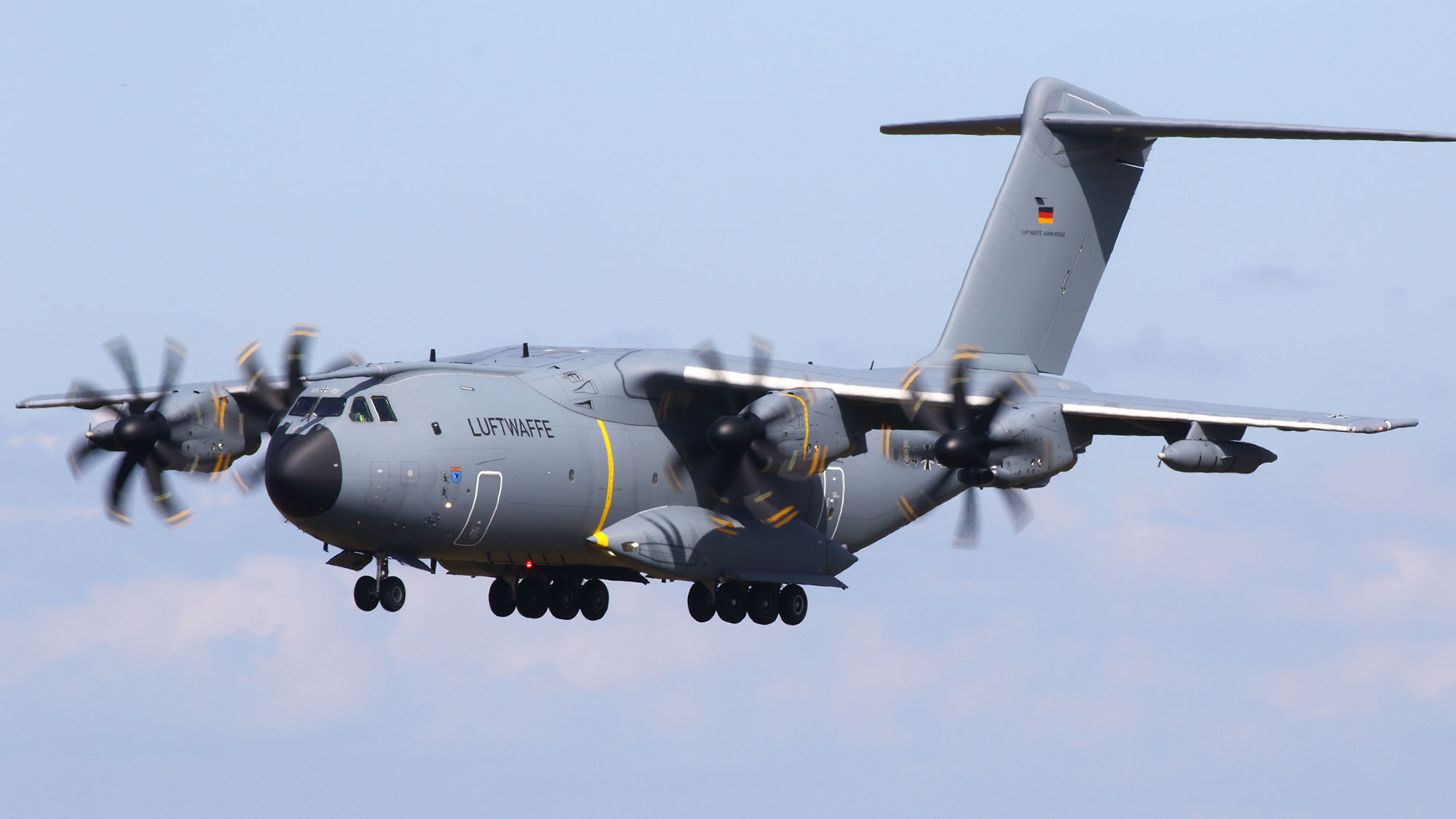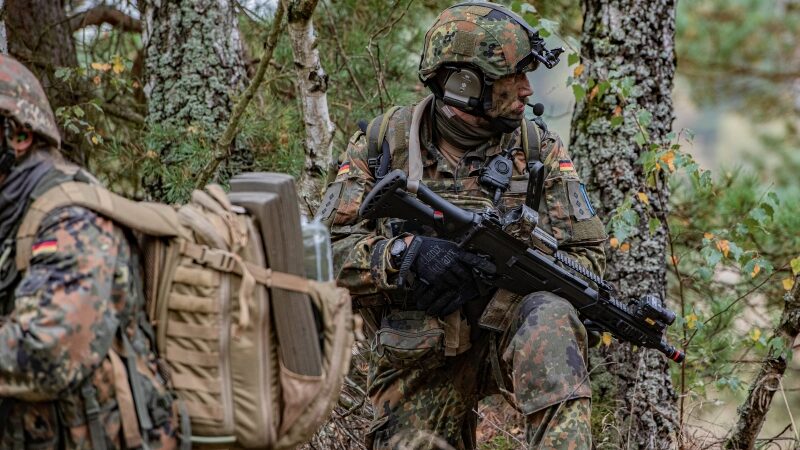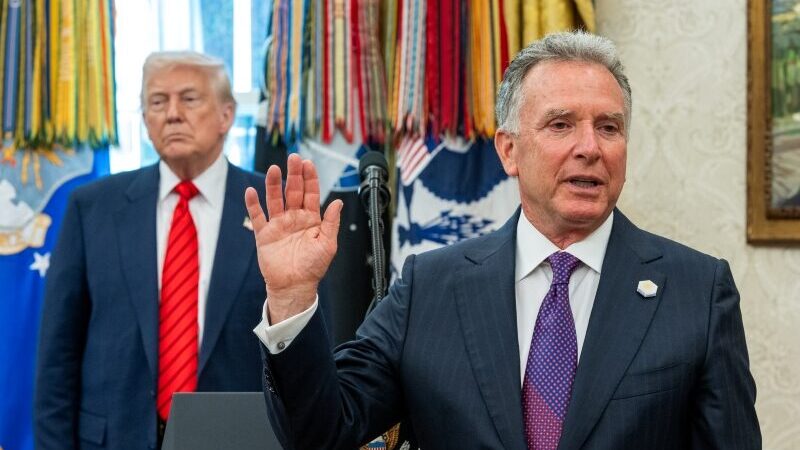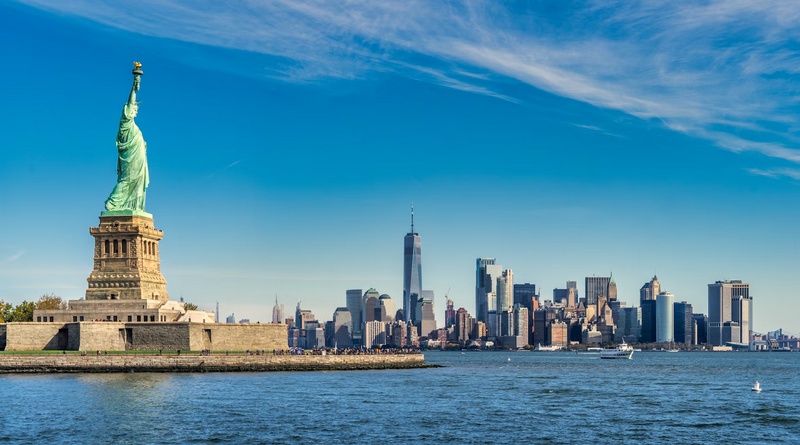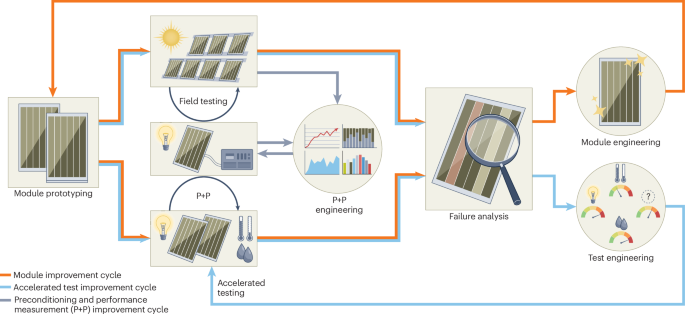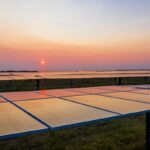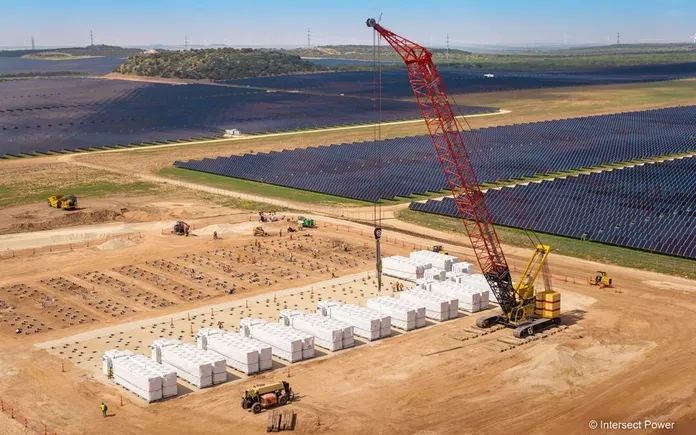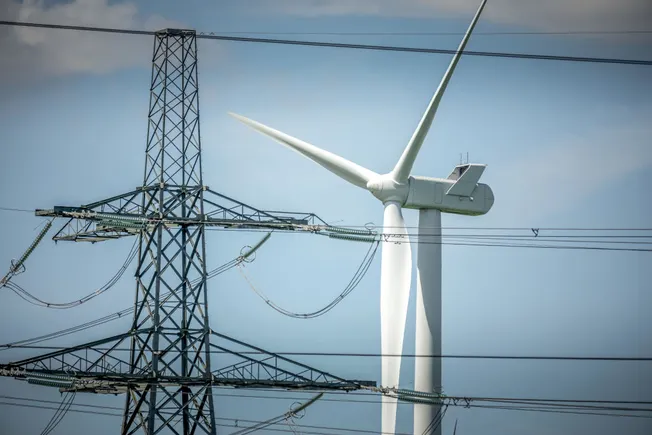13/06/25 Bluetongue restrictions in Wales, bottom trawling, flour mill
Livestock moving from England to Wales will have to be tested from next month. The Welsh Government says that once the whole of England becomes a restricted zone for the bluetongue disease on the first of July, animals will have to test negative for the disease before they can go into Wales. There have been no cases of bluetongue in Wales, or in Scotland this year. There the government also decided earlier this month that animals should be tested if they're coming from a restricted zone. Earlier this week the Livestock Auctioneers Association warned on this programme that limiting the movement of animals across the boarders would be 'catastrophic'. As the UN Oceans summit in Nice draws to a close, it's hoped that more countries will ratify a High Seas Treaty and so bring it into force. This agreement was made two years ago to put 30% of international waters into marine protected areas by 2030. However even within those areas, bottom trawling is allowed. Bottom trawling is already banned in some English waters and the government is consulting on plans to extend that ban. We speak to Michael Kaiser professor of fisheries conservation at the Lyell centre at Heriot Watt University. All week we've been following the journey from field to bread bin - and today we're at the millers. 85% percent of the wheat used for our bread is grown and milled in the UK. We import about 15 percent of bread wheat from Canada and Germany. We visit a miller in Essex who can trace his milling roots right back to the Domesday book. Presenter = Charlotte Smith Producer = Rebecca Rooney
Livestock moving from England to Wales will have to be tested from next month. The Welsh Government says that once the whole of England becomes a restricted zone for the bluetongue disease on the first of July, animals will have to test negative for the disease before they can go into Wales. There have been no cases of bluetongue in Wales, or in Scotland this year. There the government also decided earlier this month that animals should be tested if they're coming from a restricted zone. Earlier this week the Livestock Auctioneers Association warned on this programme that limiting the movement of animals across the boarders would be 'catastrophic'.
As the UN Oceans summit in Nice draws to a close, it's hoped that more countries will ratify a High Seas Treaty and so bring it into force. This agreement was made two years ago to put 30% of international waters into marine protected areas by 2030. However even within those areas, bottom trawling is allowed. Bottom trawling is already banned in some English waters and the government is consulting on plans to extend that ban. We speak to Michael Kaiser professor of fisheries conservation at the Lyell centre at Heriot Watt University.
All week we've been following the journey from field to bread bin - and today we're at the millers. 85% percent of the wheat used for our bread is grown and milled in the UK. We import about 15 percent of bread wheat from Canada and Germany. We visit a miller in Essex who can trace his milling roots right back to the Domesday book.
Presenter = Charlotte Smith Producer = Rebecca Rooney

























